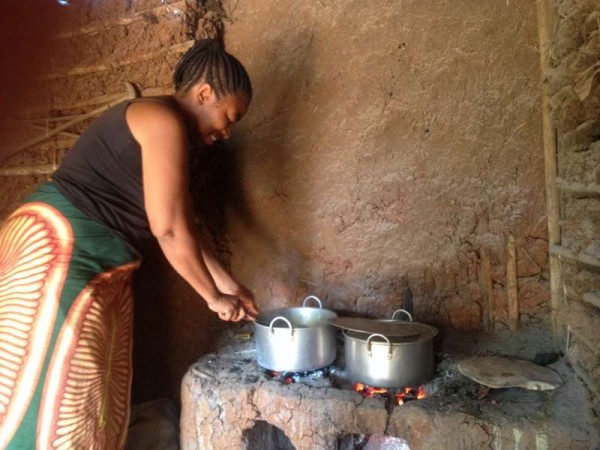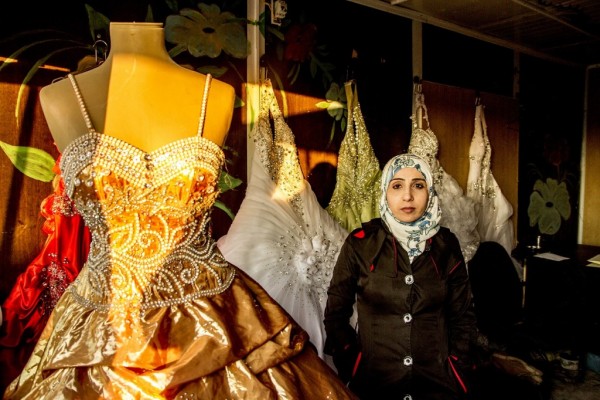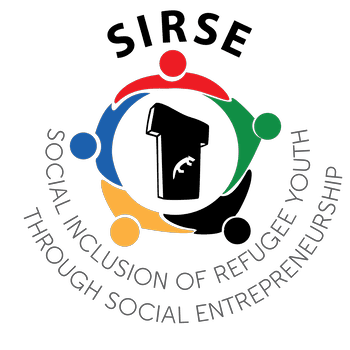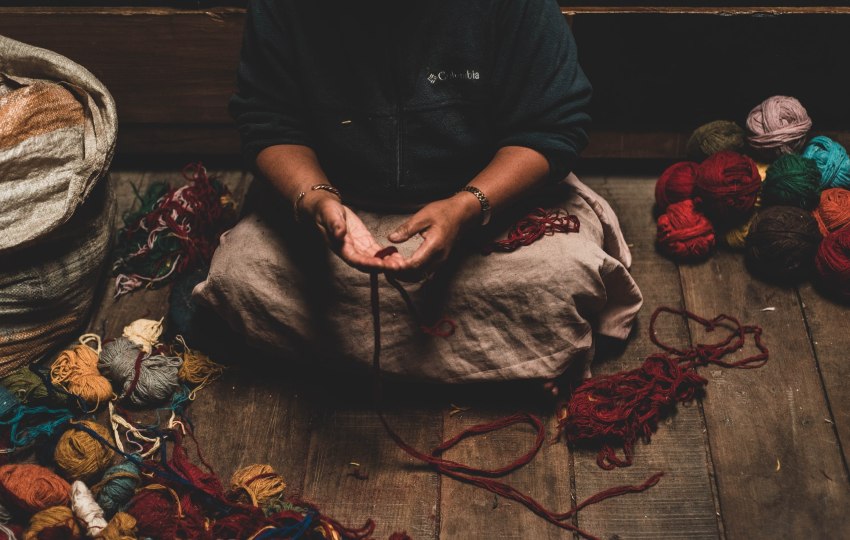Starting a business from scratch is not easy and entails many risks. Knowing the basics of running a business can surely help minimise those risks and increase the chances to create a successful business. However, there are people who live and breathe entrepreneurship.
With their unique entrepreneurial spirit, they can turn every opportunity they come across into an entrepreneurial success. Among the ranks of these entrepreneurs, someone can also find migrants and refugees who managed to create their businesses despite the tough situation they’re in.
These examples of refugee entrepreneurship will change the way you think about doing business.
What is refugee entrepreneurship and what is so exciting about it?
As you may have guessed already, refugee entrepreneurship is the new business ownership by refugees. According to UNHCR, refugee entrepreneurship involves “refugee-led businesses [who] are generating employment for refugees and members of the local population and are combating discrimination and negative perceptions toward refugees“.
Refugee entrepreneurs are admirable for what they have achieved, considering their little means and the unfavourable situation they are in.
Being a refugee means having lost more things than just your home country. Many refugees have lost family, their homes, businesses and wealth that they have struggled so hard to build.
Despite their hardships, these refugee entrepreneurs showed exceptional resilience, and their entrepreneurial spirit allowed them to thrive and create opportunities for themselves and their community. This also goes against the stereotypes that want refugees are idly waiting for humanitarian agencies to take care of them.
Three refugee entrepreneurship examples
Abu Mahmoud and the pizzeria of Peace

Abu Mahmoud is not your typical everyday pizzaiolo. The 55 years old can be found in Jordan’s Za’atari refugee camp, the largest Syrian refugee camp in the world. Abu Mahmoud was an electrician before the war, so he had nothing to do with pizza baking and pastries. However, he met with another man who had some experience baking pizzas and Syrian pastries, and they partnered to create the Pizzeria of love. The pizzeria of peace has its regular customers. Nevertheless, there is also a bike delivery service that can reach the about 100,000 people that live in the camp.
Masika’s eatery

Masika is a 54 years old woman who lives in Ethiopia’s Sherkole refugee camp with her mother and children. As she describes, when she first came to Sherkole, she did not have any money, and she was desperately looking for a job to support her family. As she hadn’t received any positive reply, Masika knew that she had to take the matter into her own hands.
After feeding her family with half of her wheat rations, she sold the other half to others so she could buy vegetables and meat to prepare and sell food from a stall. According to her, the big break came when she was asked to make food for 150 people during the camp’s International Women’s Day event.
Her restaurant business then expanded to baking 1,500 small loaves of bread daily and serving beef, rice, beans, fish and wheat ugali to UN staff, aid workers, and refugees with a bit of disposable income.
Um Murad’s dress shop and beauty salon

Um Murad is another woman refugee entrepreneur again from the Za’atari refugee camp. She used to have her own wedding dress shop and beauty centre in Syria before the war, so she had experience in the business. What was a really helpful start was her reputation as a “good businesswoman” that preceded her, so people trusted her and supported her.
Her business brings happiness to the camp and a sense of normality and supports her financially and gives her stability.
“Life goes on, even when you’re a refugee. People marry. This shop has been in action for 13 months, and I’ve prepared about 700 brides in that time. The best thing about having the business is that I interact with many people, it takes me away from all of the misery that we have been living in.”
Conclusion
Becoming a refugee, you have your world turned upside down. You realise that even the simple things you have taken for granted are not anymore. The struggle to survive pushes many refugees towards entrepreneurship to try to make ends meet. To become an entrepreneur, you don’t need a grand idea. These examples of refugee entrepreneurs show when there is a need and a will (from the entrepreneur), there is always a way despite the hardships that someone goes through.
The important work of the SIRSE Erasmus+ Project

Similarly to the above organisations, the SIRSE Erasmus+ project wants to help young refugees to improve their life chances and integrate into the society of their host countries.
The project targets young people (aged 25-30) that are low skill skilled and with limited opportunities. The chosen method by SIRSE to improve the situation of refugees and help them integrate into society via entrepreneurship and specifically through social entrepreneurship.
They will do this by providing training on entrepreneurship and by offering them opportunities to create their own business. To achieve this, the partnership will support them throughout their entrepreneurial journey with the help of mentors.
Stay updated with news about SIRSE by visiting the project’s webpage.

